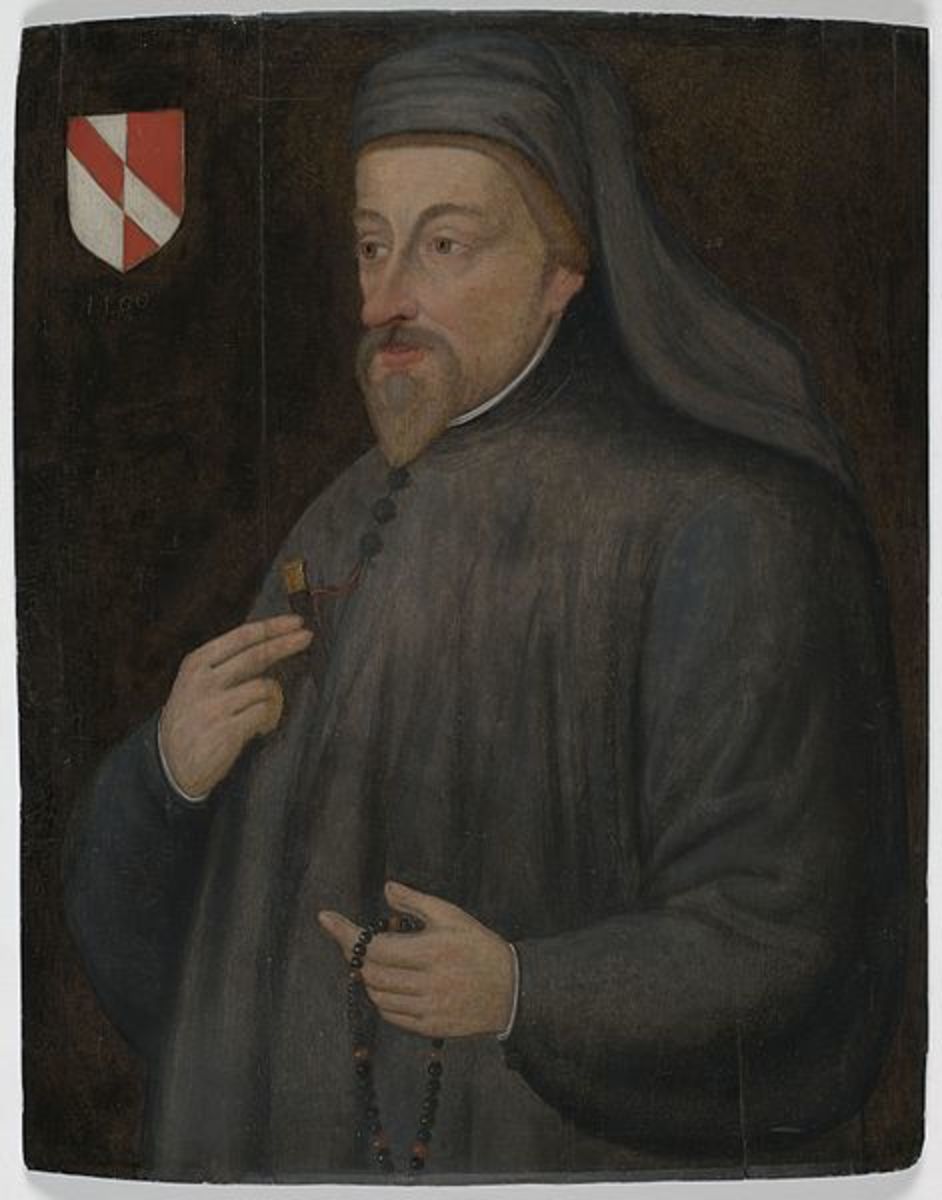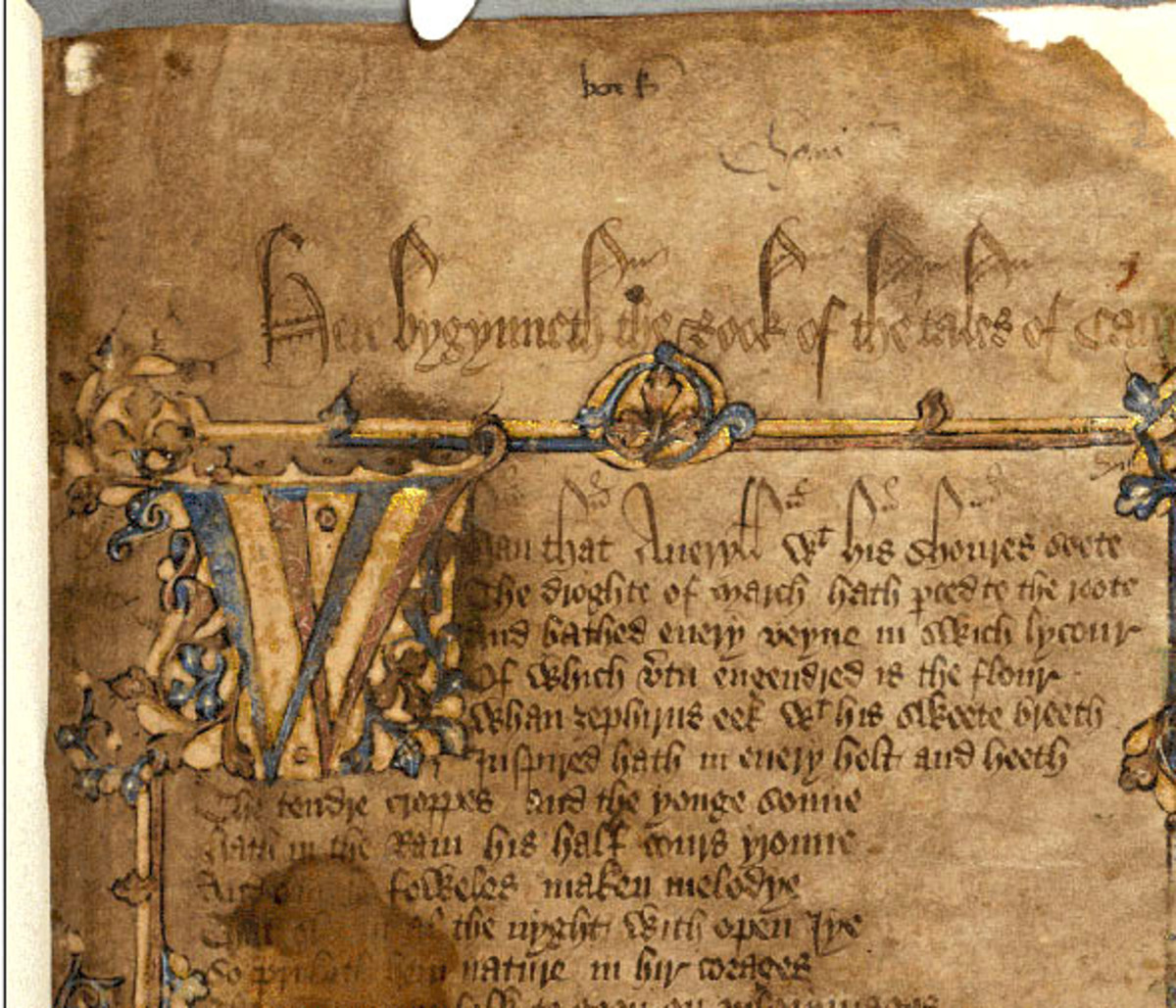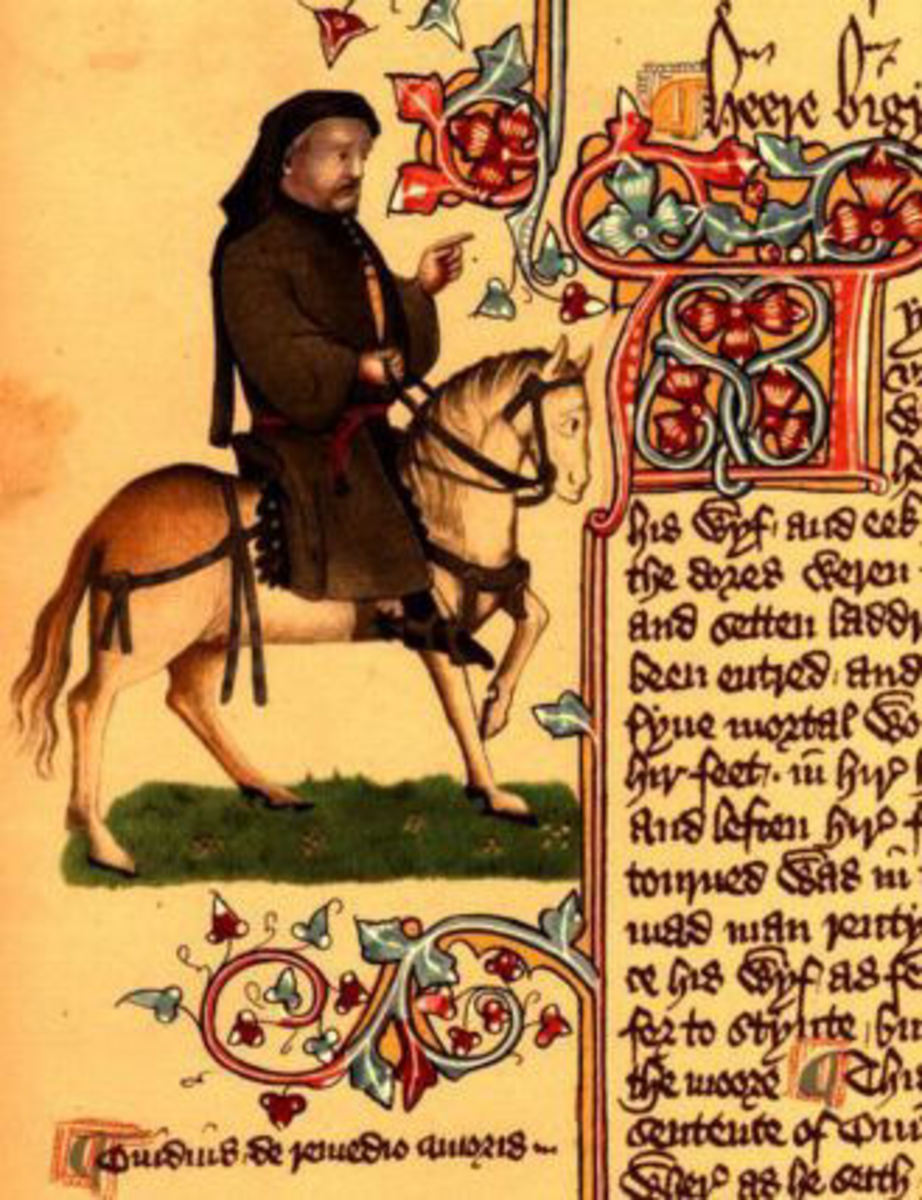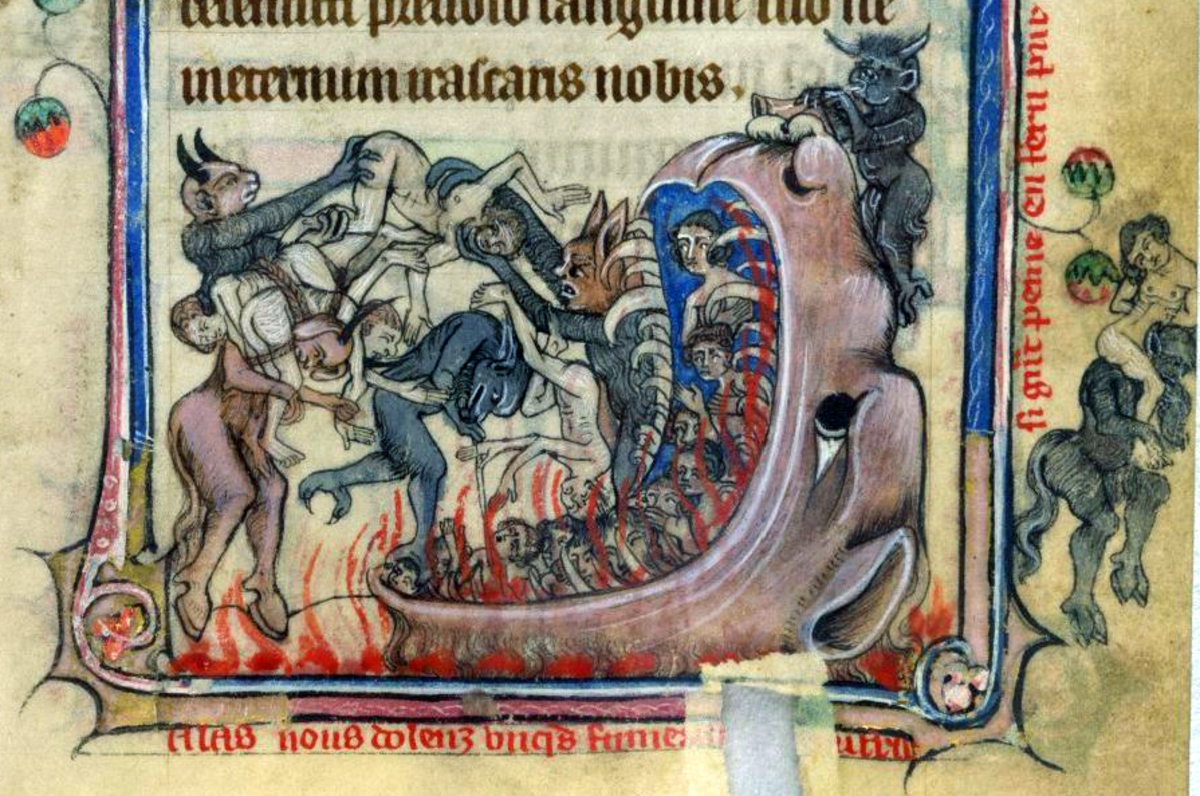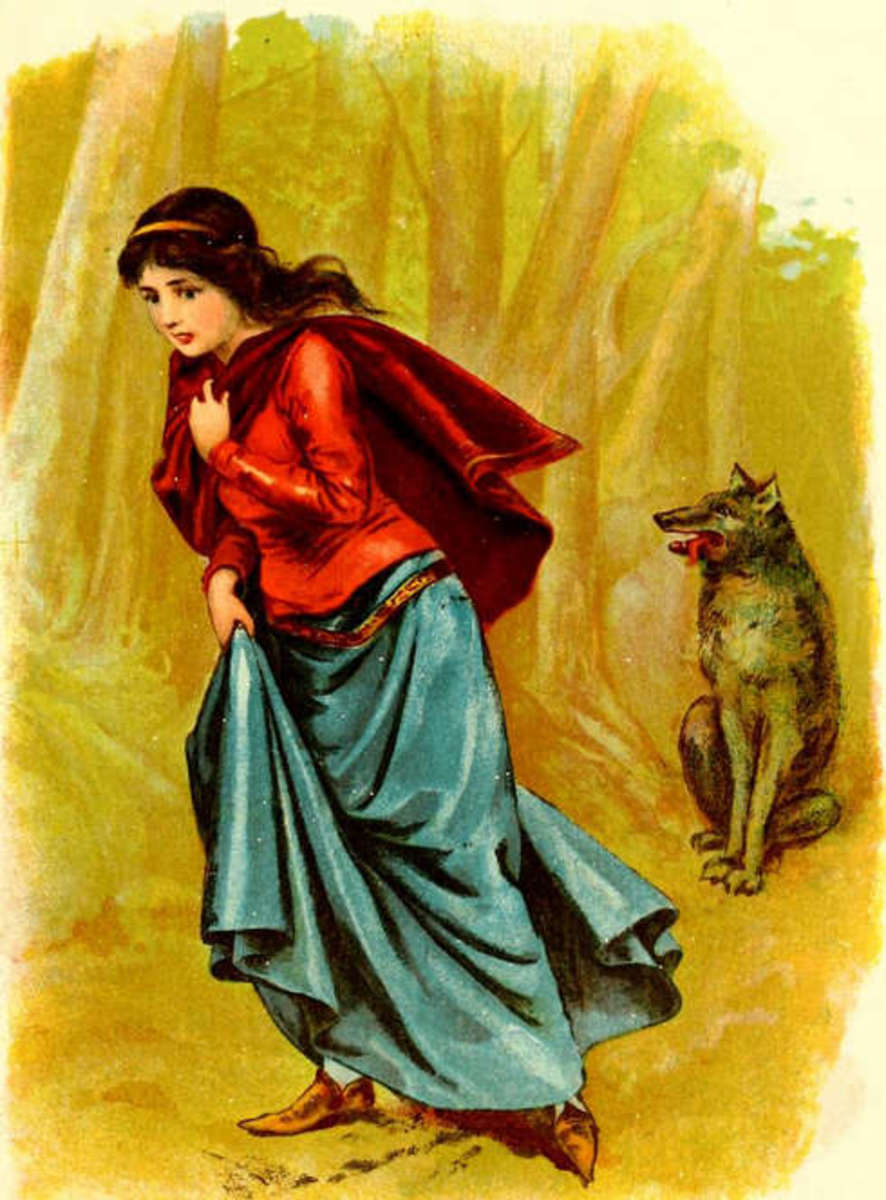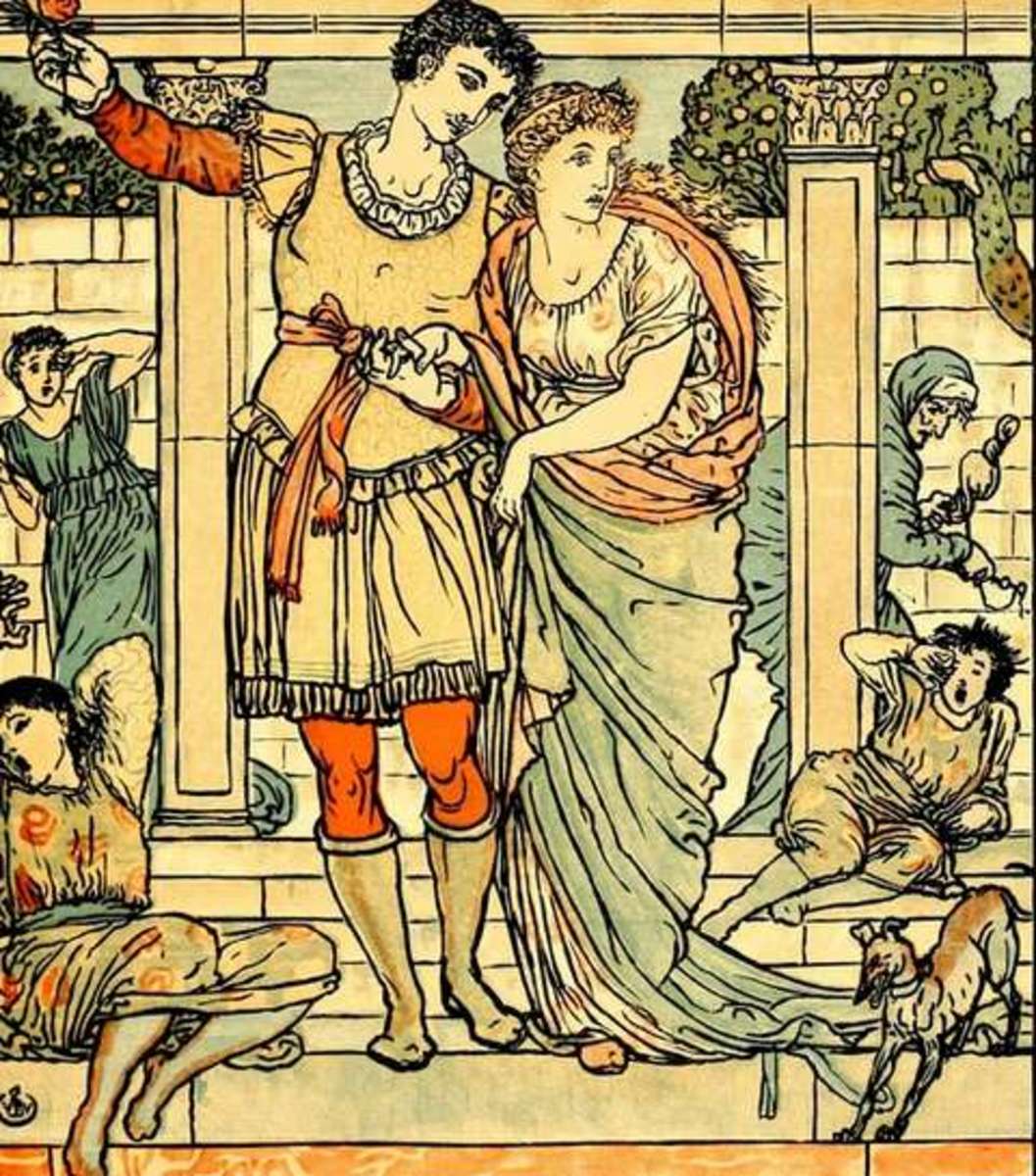SOCIALIST READINGS 1066-1815
General Thoughts
Any reading list is by its nature personal. If I have not read it, the book is not on my list, It is at times like this that I recognise that I have not read enough.I thought that a long hub with over 40 books would be unreadable as well as unwieldy, so I had to break it up. I could have split between "political" books, poetry, and novels, but eventually decided to roughly divide by the date of writing.. This hub is the first hub of this series and is part of the Socialism 101 series of hubs.
Canterbury Tales
The Canterbury Tales
Everyone has heard of the Canterbury Tales, but very few have actually read them. Geoffrey Chaucer initially trained as a lawyer, but quickly became a courtier. For 12 years he held an important post in charge of collecting Customs duties for London which was the principal port of the Kingdom. Then he was the maintenance manager for all Royal properties, a very important post. He was also sent on foreign missions and given other responsibilities. He served as a Member of Parliament.
He wrote the Canterbury Tales when aged about 40. The concept is a group of people who meet up while going on pilgrimage to Canterbury, and to entertain each other they tell stories. The stories in themselves are interesting, and show the class interplay and tensions within society at that time. Canterbury Tales was unusual for its time because it was not written in Latin but in the then modern everyday English language. Our modern English is significantly different, so you need an edition which gives the modern meanings and explanation of much of the text..
Chaucer was not in any sense a socialist, but he had a sharp eye for human nature and the English obsession with sex and class. Well worth a read!
THE PUTNEY DEBATES
The Putney Debates
Putney was a village close to London, which is now clearly part of London. In the English Civil War, the Royal forces had been decisively defeated. King Charles I had surrendered himself to the Scots near Newcastle upon Tyne, thinking he would have more success in charming them or at least doing a deal with them than he would be able to do with the English. The Scots eventually solved their political problem by selling Charles to the English.
Charles was now being held near London, and Parliament was negotiating with him. At the same time the Parliamentary New Model Army was hunkering down in and around Putney. The soldiers had fought hard. Many had been killed and wounded. Their pay was wildly in arrears. Parliament wanted them just to go home, and would pay the arrears of pay sometime, when they could afford it. "In the sweet bye and bye" (Joe Hill). The widows and dependants would get paid after that. Perhaps. The soldiers for some reason did not trust Parliament and refused to disband until they were paid. Some bright sparks in Parliament wanted the Army to re-conquer Ireland, which would get rid of the soldiers and raise enough in loot and land to pay them off.
During this time of flux there were conversations between Oliver Cromwell and leading Parliamentarians on the one side and elected delegates from the regiments on the other, known as The Putney Debates. The debates covered what should be done with the King, a new constitution for England, religious freedom, who should be able to vote, whether all MPs should be elected by roughly equal numbers of voters, whether there should be a House of Lords.... One real sticking point was that under the proposals from Parliament many men who had fought for Parliament would not have a vote because they did not have property.So what had they fought for?
The Putney Debates were recorded by a clerk, and so you can read the actual words of people like you and me debating utterly new issues.
The Wealth of Nations
Adam Smith is famous as the first ever economist. Educated at Glasgow and Oxford Universities, he taught logic and moral philosophy at Glasgow University. He also worked as a Comptroller of Customs in Scotland. He was celebrated as an academic and intellectual, and met with Benjamin Franklin. At the time Franklin was a delegate trying to negotiate an arrangement between Britain and the American colonies to avert a possible split,
In the chapter dealing with the profitability of colonies Smith argued that if the population growth and economic activity of the American colonies continued it would be reasonable to allow them to elect Members of the British Parliament. He even accepted that if the population in the USA continued to grow then at some time Parliament and Government could physically move to America.
What is so astonishing about this book is that the clarity of the language used makes it posssible to understand today a book published over 230 years ago. He explains that it is not the benevolence of the baker or butcher that causes them to feed us but their need to earn a profit. It is a much easier read than many modern economics books because it is so clear and the examples so relevant even today.
The American Revolution
The Federalist Papers by Hamilton Madison and Jay are a collection of articles published in the run up to the rebellion in which they first make the case that the present arrangements of mother country and individual colonies cannot continue and then move to a logical argument that the colonies would have to co-operate and realistically had to federate. They do not always agree with each other in the details and the arguments, which makes them an immensely good read. One understands that some of the modern problems of America were predicted before the United States of America was founded.
Thomas Paine
Thomas Paine was yet another Customs man, but was very lowly. He came to America and wrote Common Sense, a book explaining why it was simply not practical or right for the American colonies to remain as colonies. He followed this with The Rights of Man, a book in my view on a par with The Wealth of Nations in its exposition of the relationship between Man and the State. This book was publicly burned in many English towns, was banned, and still had phenomonal sales in Britain.
COMING SOON
A reading list to bring us up to the present day, split into 8 or 9 hubs! Enjoy!
Make further suggestions for each time period as each hub comes out. Make your own lists, and cross off the books I mention. Tell us all about the books I missed!





